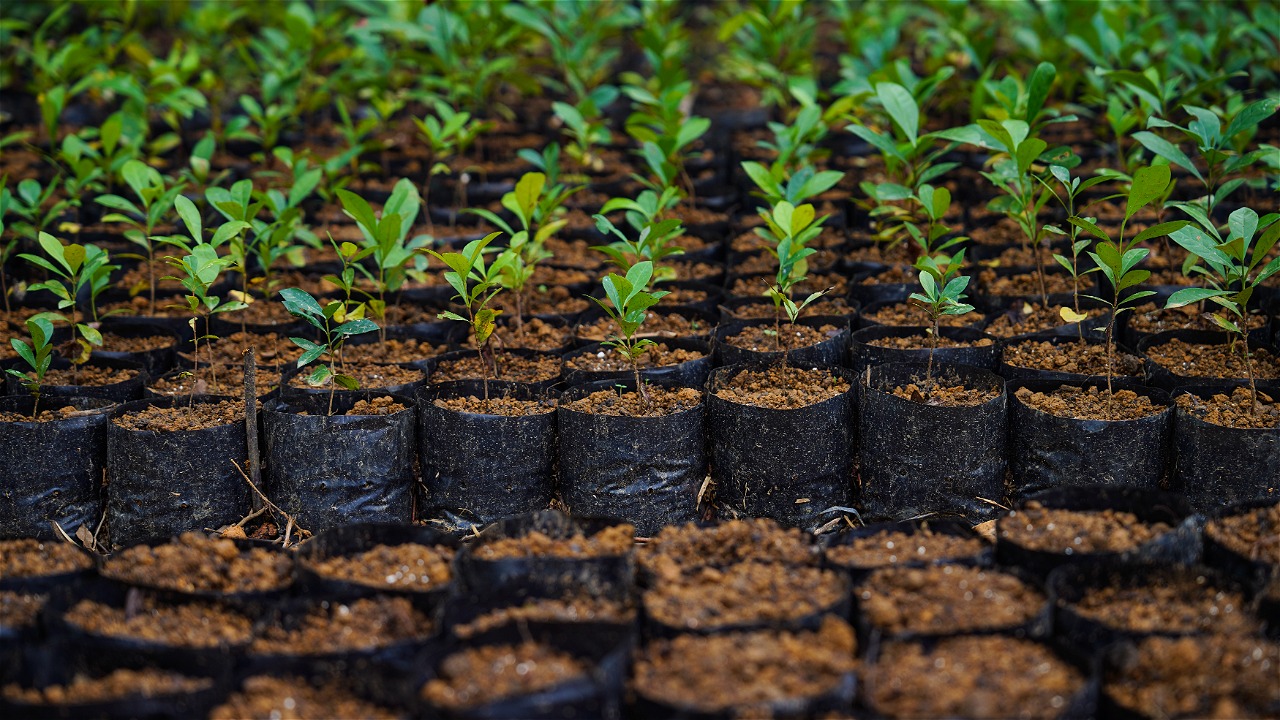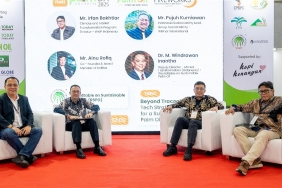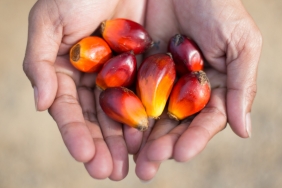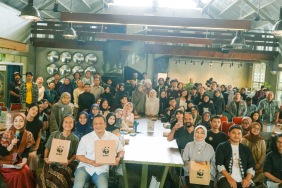ARABICA COFFEE FARMING SAVES TNKS
By: Markus Setyawan
Kerinci - The heat was pretty good today. The sun and blue sky appear together. The peak of Mount Kerinci is even clearly visible in the distance. Greenery spreads as far as the eye can see. Although not forests, tea plantations welcomed us to the villages around Kayo Aro and Gunung Tujung sub-districts, Kerinci Regency.
The tea plantation, built by the Dutch in 1920 and now controlled and managed by PTP Nusantara VI, is the gateway to the villages on the circumference of Mount Kerinci. These are villages directly adjacent to the core zone of the Kerinci Seblat National Park (TNKS).
We still had a few kilometers to go before we finally arrived at Sungai Tanduk Village, Kayo Aro Sub-district, Kerinci Regency. Several villagers welcomed our team of WWF Indonesia, People's Rights Advocacy Institute (Lahar) and expatriates from Indonesia's Millennium Challenge Corporation (MCC) Millennium Challenge Account (MCA).
Upon arrival, the residents immediately gave us a warm welcome. Lahar Foundation invited us to meet with the farming community they are assisting. Conversations with the community were inevitable. But there was something strange. "It doesn't feel like Kerinci. It feels like Java, doesn't it?" Nazaruddin Permana, WWF Indonesia's Communication Assistant, said, smiling as he visited the village for the first time. "Yes, old Malay tastes like Java," I grinned.
Indeed, our visit to Sungai Tanduk Village was to see the coffee plantation development program to reduce land clearing in TNKS. There are at least 13 farmer groups and 268 farmers who have joined. On average, they own between 1 - 2 hectares of land.
Khasta Farmer Group, for example, is preparing to plant arabica coffee seeds on the land of each group member. "We will plant approximately 3000 arabica seeds of the P 88 and Sigararutang types," said a member of the Poktan. This planting is part of their land conversion program from horticulture to coffee. They are accompanied by the Lahar Foundation and WWF Indonesia.
The hope is that after growing arabica coffee, the community's income will be better in the future. At least within 2 years, the coffee can be harvested. With the current price of arabica alone, if picked red, it will be valued at IDR 8,000 per kg. The price will be much higher if the farmers give additional treatment to the cherry fruit.
"So if the cherry fruit is sold in a dry state before roasting, the price of coffee beans can be up to Rp 28,000 per kg," said one farmer member of the farmer group, Suryono.
According to Lahar Director Musnardi Moenir, Arabica coffee has a higher level of caffeine. Robusta, on the other hand, has a harsher acid flavor. In the national and international market, the price of arabica is also much higher as its connoisseurship continues to grow.
So far, Lahar with funding support from WWF Indonesia and MCA Indonesia has encouraged the formation of 14 fostered farmer groups. Spread across 10 villages. Of all these groups, there are 4 women's groups. The total group members are 278 farmers.
Meanwhile, of the 4 women's farmer groups, two are farmer groups and 2 are coffee fruit picking groups. "So we were also taught how to sow seeds to grow coffee. As well as how to pick it," said the head of the Jaya Lestari Farmer Group, Kaliyem.
Jaya Lestari Farmer Group in Jernih Jaya Village is a women's farmer group in Jernih Jaya Village, which is not only a coffee farmer group but also a farmer group that also has activities in skill development, for example, handicrafts from used goods (garbage) and also sewing training. This farmer group has a cooperative that is located in one of the group leader's houses, here you can see the results of the handicrafts of the jaya lestari farmer group members. The jaya lestari group is also a group of women coffee pickers. (markus setyawan)





